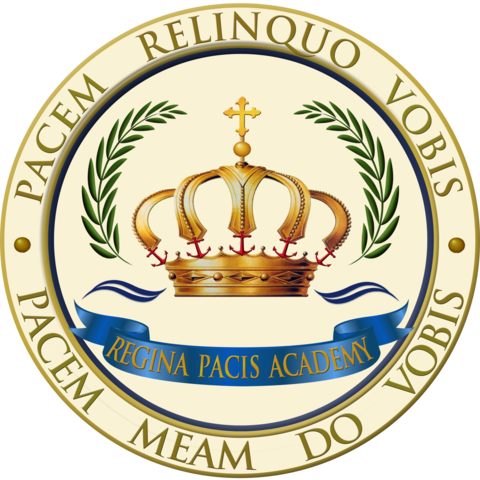The coronavirus pandemic has given Catholic schools an opportunity to reset their approach to education, as families similarly consider potentially new options for their children’s education. As many schools chose, or were forced, to limit in-person learning during the last 18 months, and as parents gained more insight into what their children were learning while at home, they are now seeking out alternatives to their local public school. If parents are looking more closely at Catholic education for their children, they would be wise to consider these five distinctive features of authentic Catholic schools.
1. Inspired by Divine Mission
Catholic education is an expression of the Church’s mission of salvation and an instrument of evangelization: to make disciples of Christ and to teach them to observe all that He has commanded. As a faith community in unity with the Church, students, parents, and teachers give witness to Christ’s great commission to go out and preach the Gospel, making disciples of all the nations of the world. Christ is the foundation of Catholic education, and all involved in Catholic education are attending to His mission.
2. Models Christian Community and Identity
Catholic education teaches communion with Christ, communion that begins in the home with parents as the divinely ordered primary educators of their children, and extends to the school community which supports and serves the needs of the family. In this shared Christian community, students, parents, and teachers are united ensuring that children form a relationship with God and with their neighbors. This educational community is then united to the local Church, or parish, and to the universal Church. As members of the Church community, students experience what it means to live a life of prayer, personal responsibility, and true freedom – which, in turn, allows them to grow in their commitment to serve God, one another, the Church, and society.
3. Encounters Christ in Prayer, Scripture & Sacraments
Authentic Catholic education is rooted in Christ, and so students in Catholic schools should be continually fed and stimulated by Him in the frequent experience of prayer, Sacred Scripture, and the Church’s liturgical and sacramental tradition. By their witness and by sharing in these living encounters with Christ, teachers in Catholic schools help children grow in understanding of what it means to be member of the Church and making the mystery of Christ present to them.
4. Integrally Forms the Human Person
Catholic education is particularly well suited to the integral formation of students as physical, intellectual, social, and spiritual beings called to perfect humanity, as Christ was perfectly human. Intellectual development and growth as a Christian go hand in hand. The environment of a Catholic classroom is one with an atmosphere characterized by discovery of knowledge, a love for truth, and a desire to know and understand the universe as God’s creation.
5. Imparts a Christian Understanding of the World
In authentic Catholic schools, the student is called to pursue the integration of culture with faith and of faith with living. Catholic education imparts a Christian vision of the world, of life, of culture, and of history. Students acquire a Catholic cultural heritage, which prepares them for professional life and to take on the responsibility and duties of society and the Church.
Parents interested in Catholic education for their children should look for authentically Catholic schools that exhibit these five features. If you're a parent looking for the best Catholic education, contact Regina Pacis Academy to learn how your child will benefit from this superb school.


